The 2016 Nobel Prize in Physics was awarded to David J Thouless, F Duncan M Haldane and J Michael Kosterlitz for their ‘theoretical discoveries of topological phase transitions and topological phases of matter’ that ‘revealed the secrets of exotic matter’. If that sounds massively difficult to comprehend – you’re right, it is. But, as this collaboration between the French filmmaker Charlotte Arene and the research team Physics Reimagined (at the University of Paris-Saclay) shows, sometimes complex and seemingly obscure discoveries can have consequences well beyond the walls of a laboratory. With a distinctive, shapeshifting animated style, The Hairy Nobel combs through the surprisingly fascinating history of topological insulators, including how their discovery cascaded into breakthroughs in several fields of research, including electronics, superconductors and quantum computers – and prompted a new one.
‘The secrets of exotic matter’ revealed by the winners of the 2016 Nobel Prize in Physics
Director: Charlotte Arene
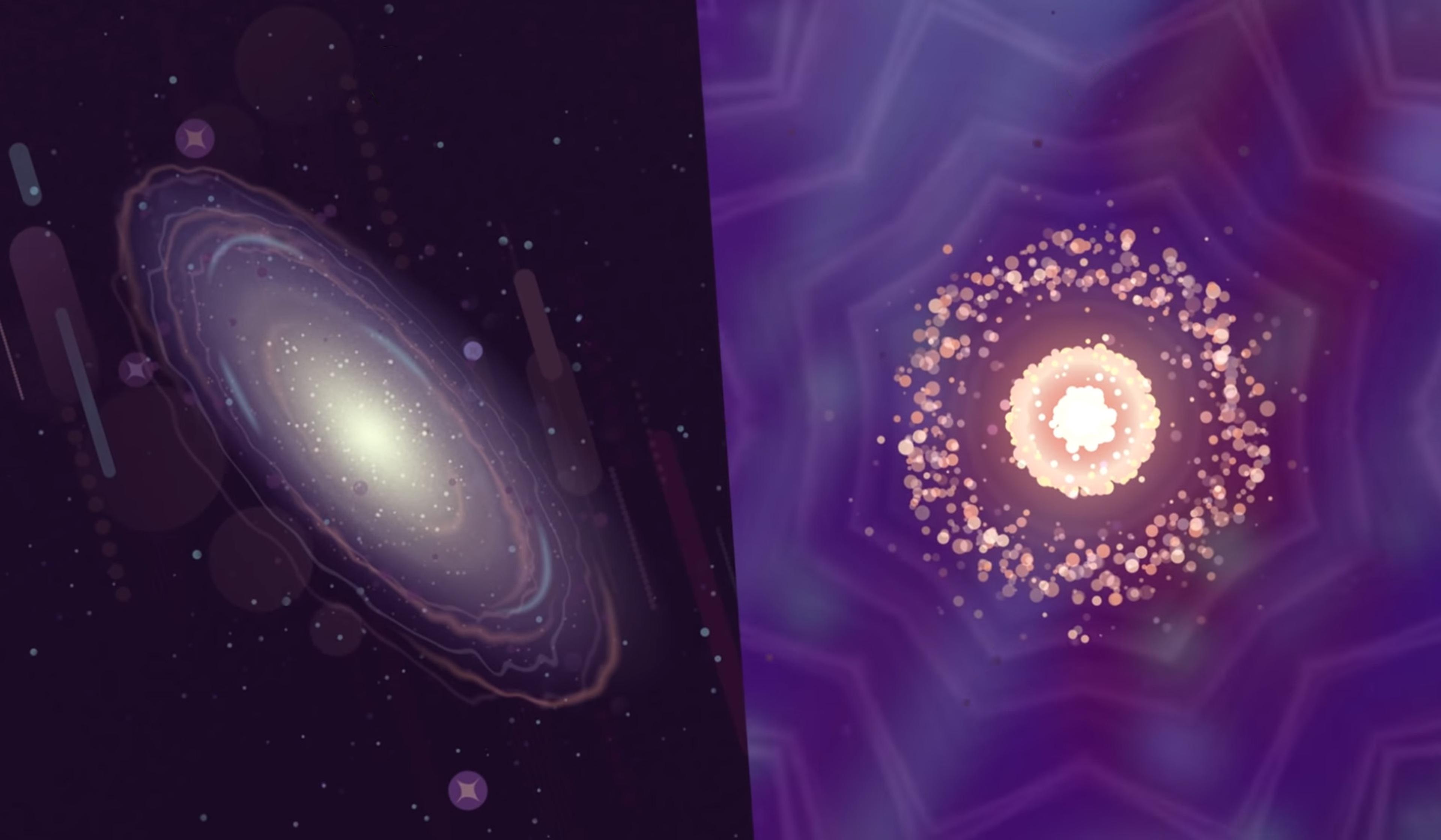
videoPhysics
There’s a striking link between quantum and astronomic scales. What could it mean?
5 minutes

videoHistory of ideas
Splitting the truth: the philosopher that physics forgot
4 minutes

videoQuantum theory
The physics revolution that started with the flicker of a lightbulb
4 minutes
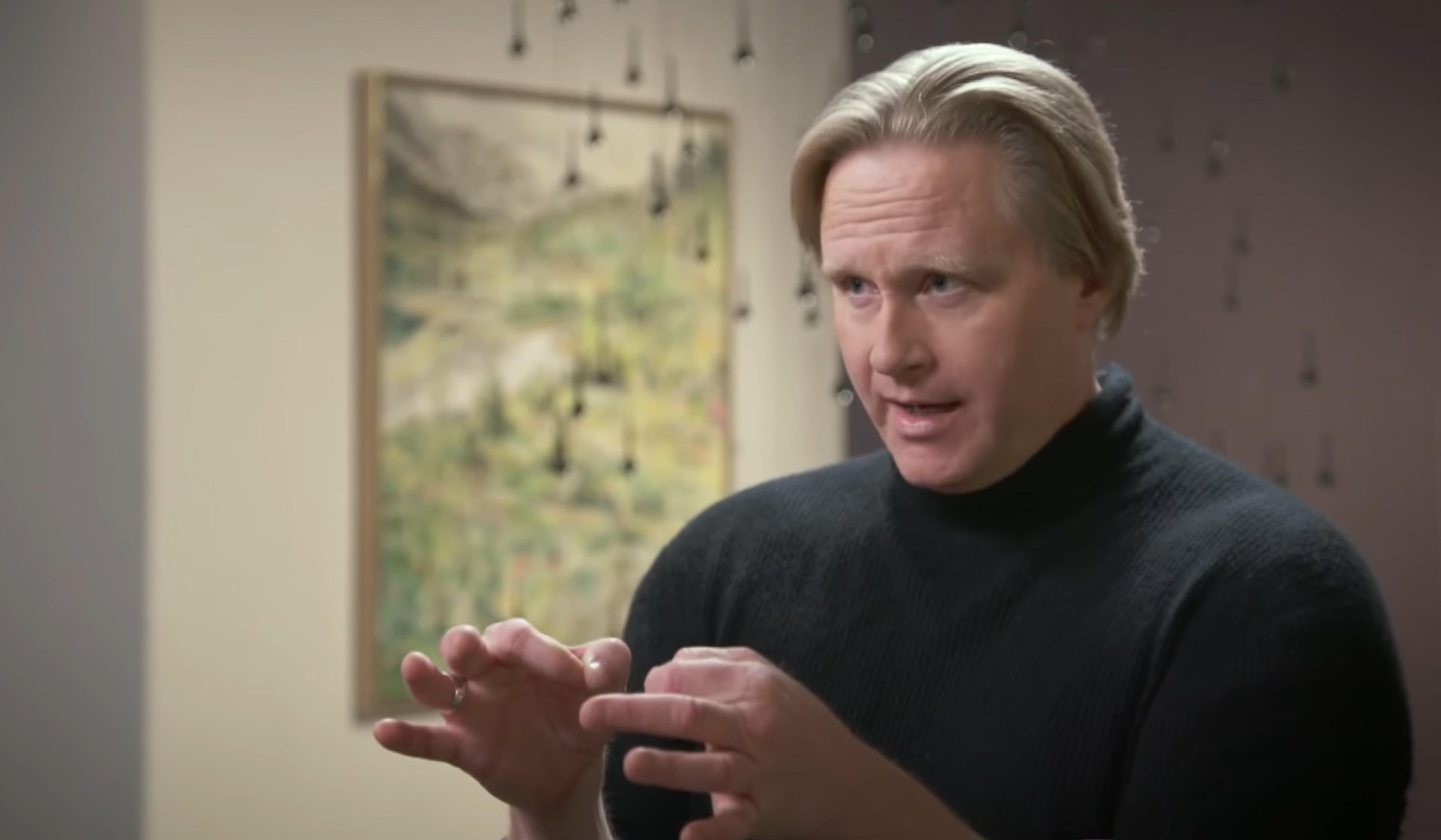
videoQuantum theory
Mind-bending new quantum experiments are blurring past, present and future
10 minutes

videoPhysics
If life feels out of balance, don’t worry – there’s always symmetry below the surface
4 minutes
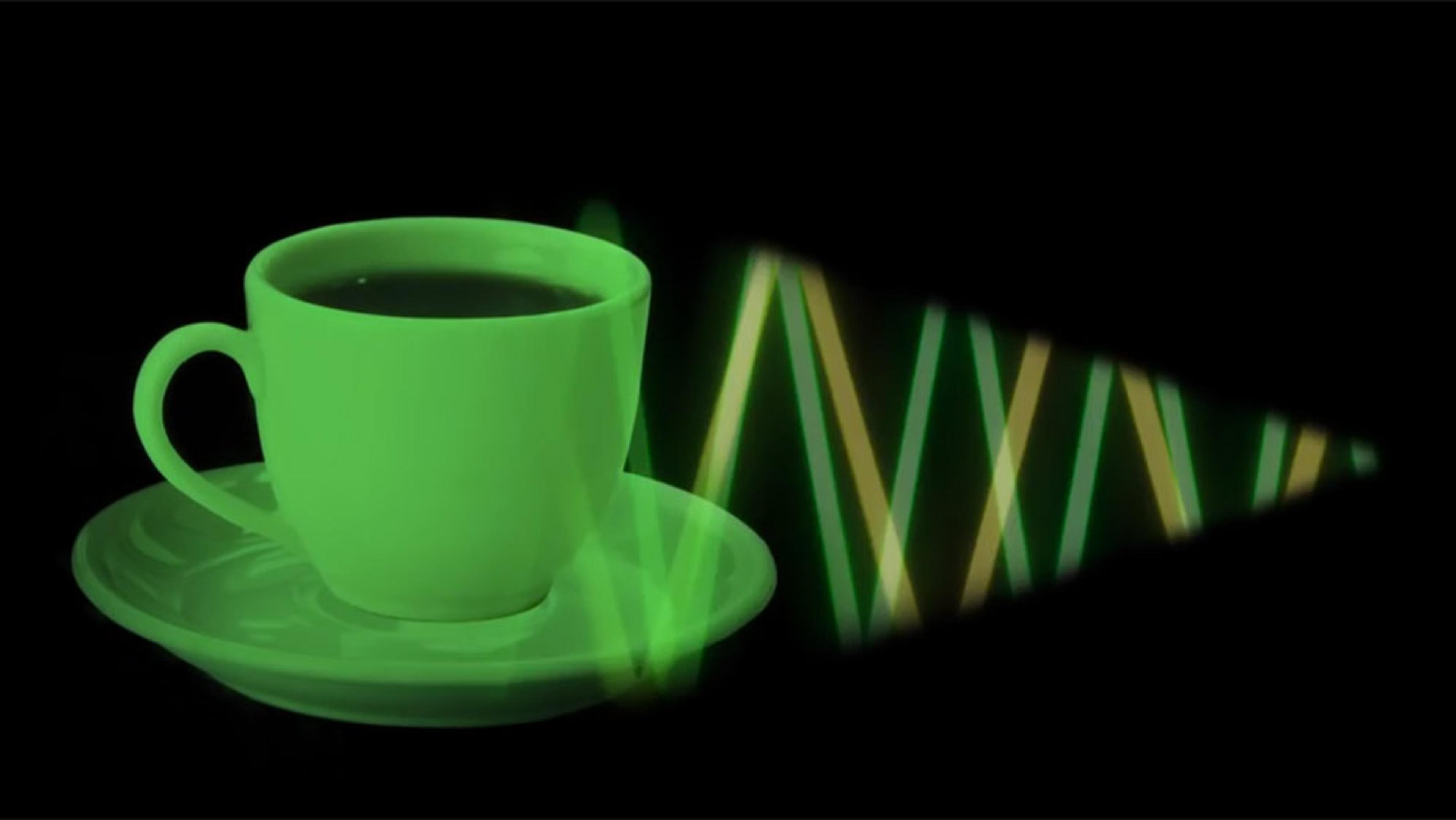
videoPhysics
From relativity to quantum theory – our physical world explored through coffee
9 minutes
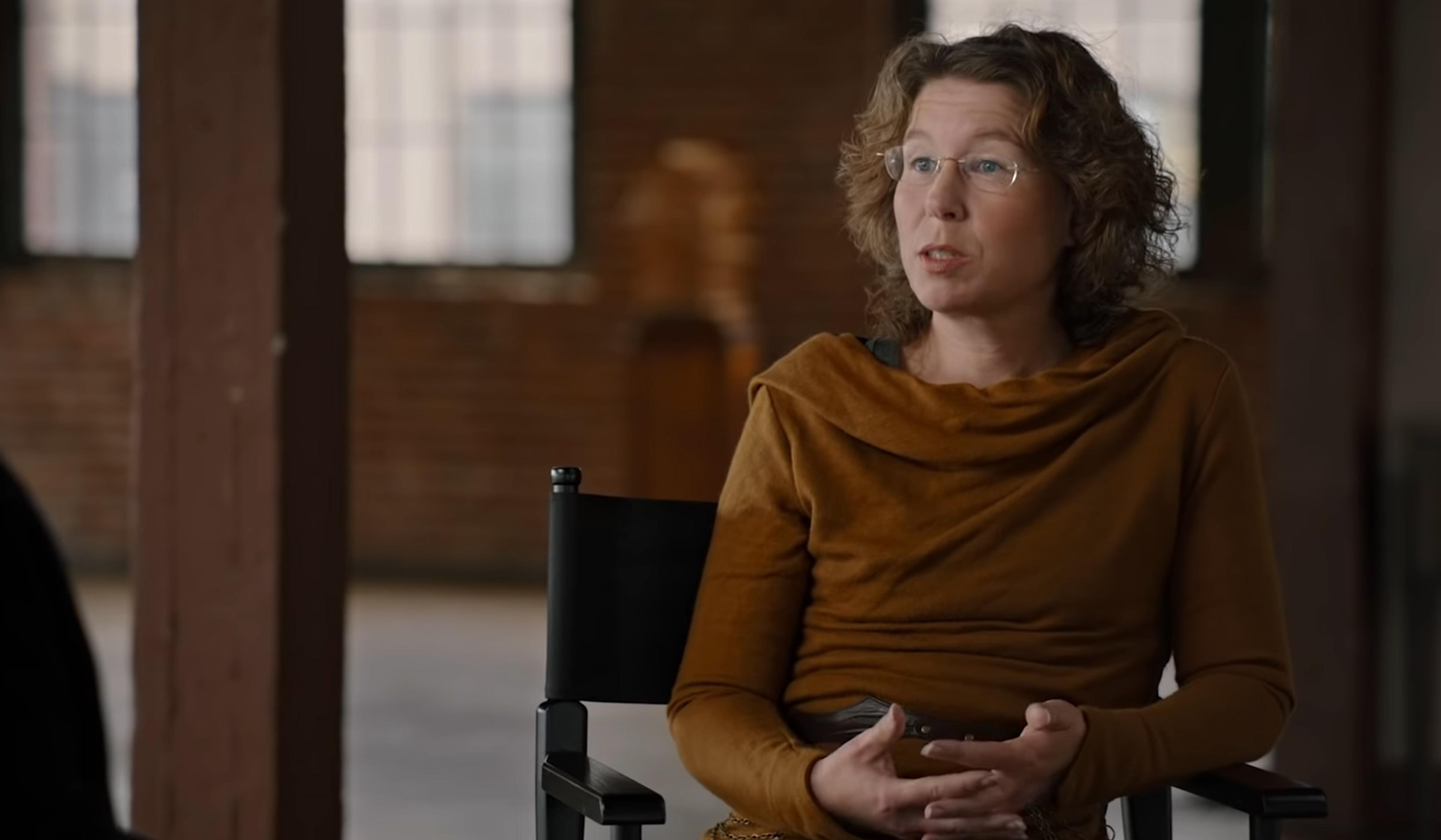
videoMathematics
Against ‘beauty’ in science – how striving for elegance stifles progress
9 minutes
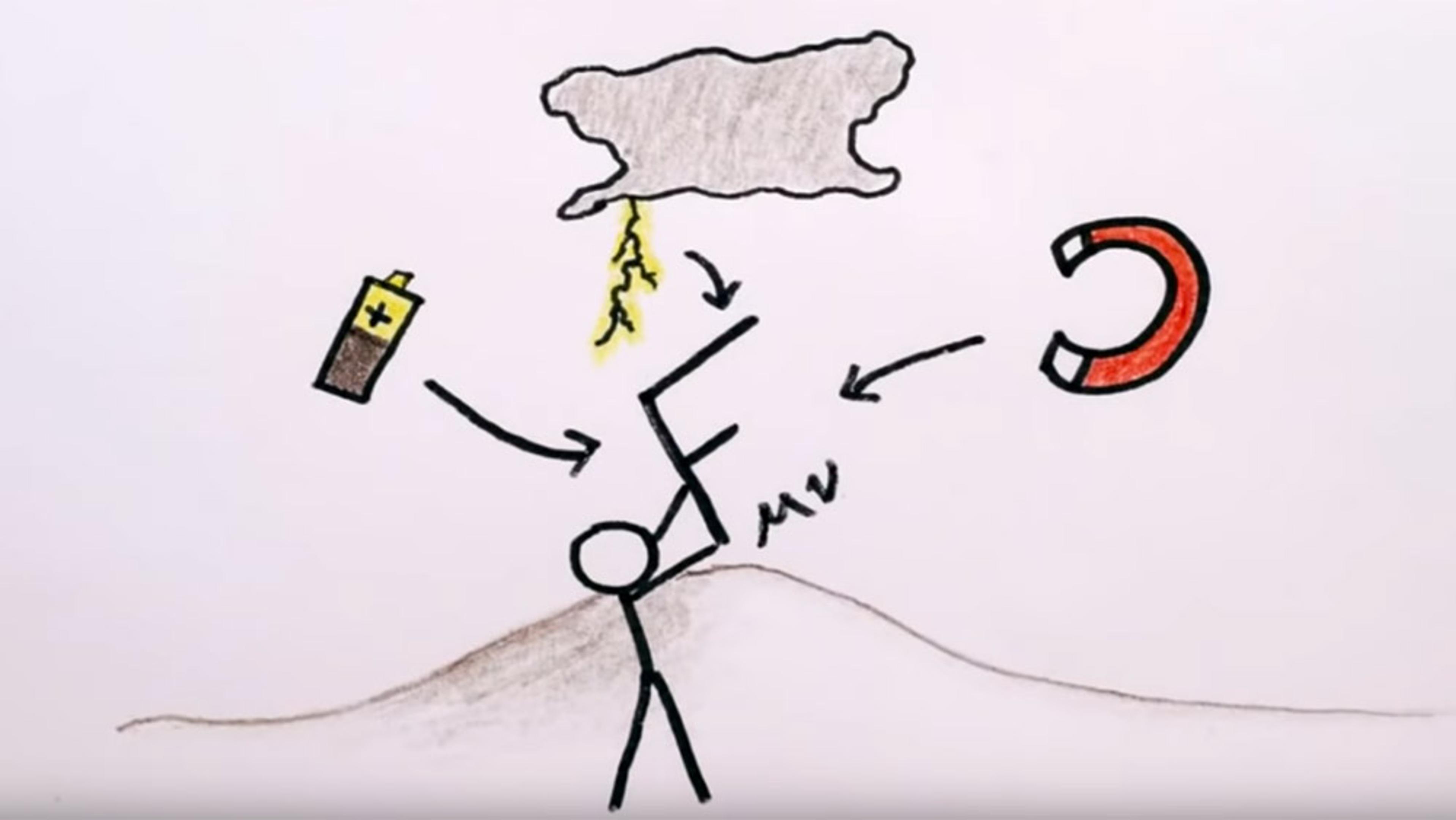
videoPhysics
How two scientists built a bridge between Newton and Einstein in ‘empty’ spaces
5 minutes

videoPhysics
Logic tells us that antimatter should have annihilated the Universe. So why hasn’t it?
4 minutes